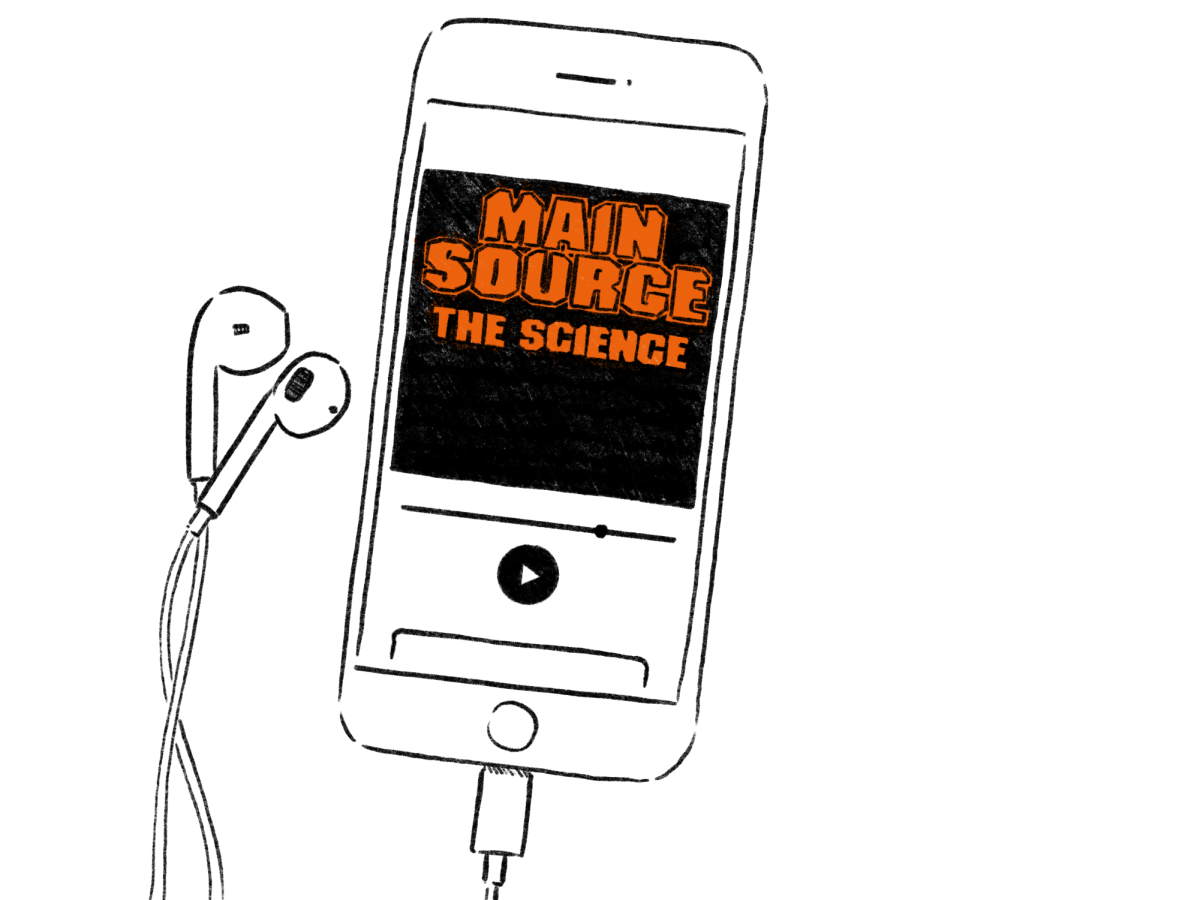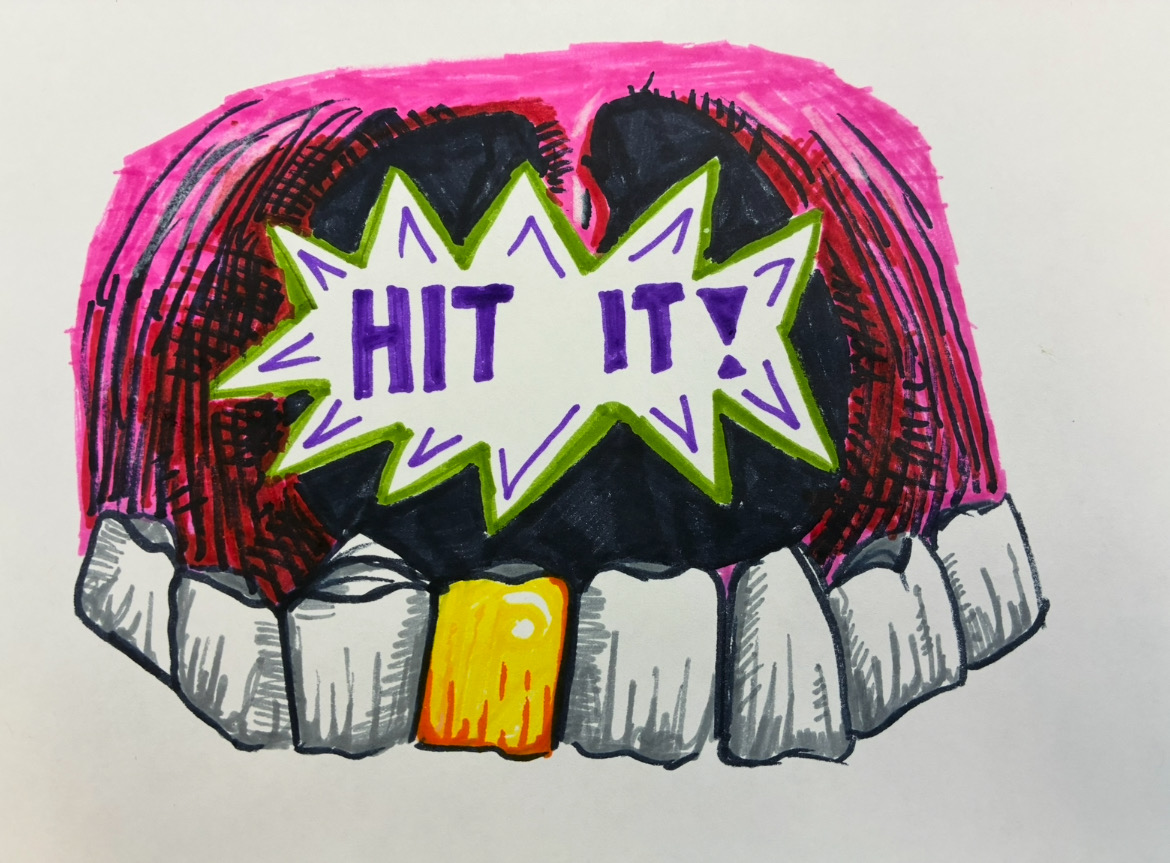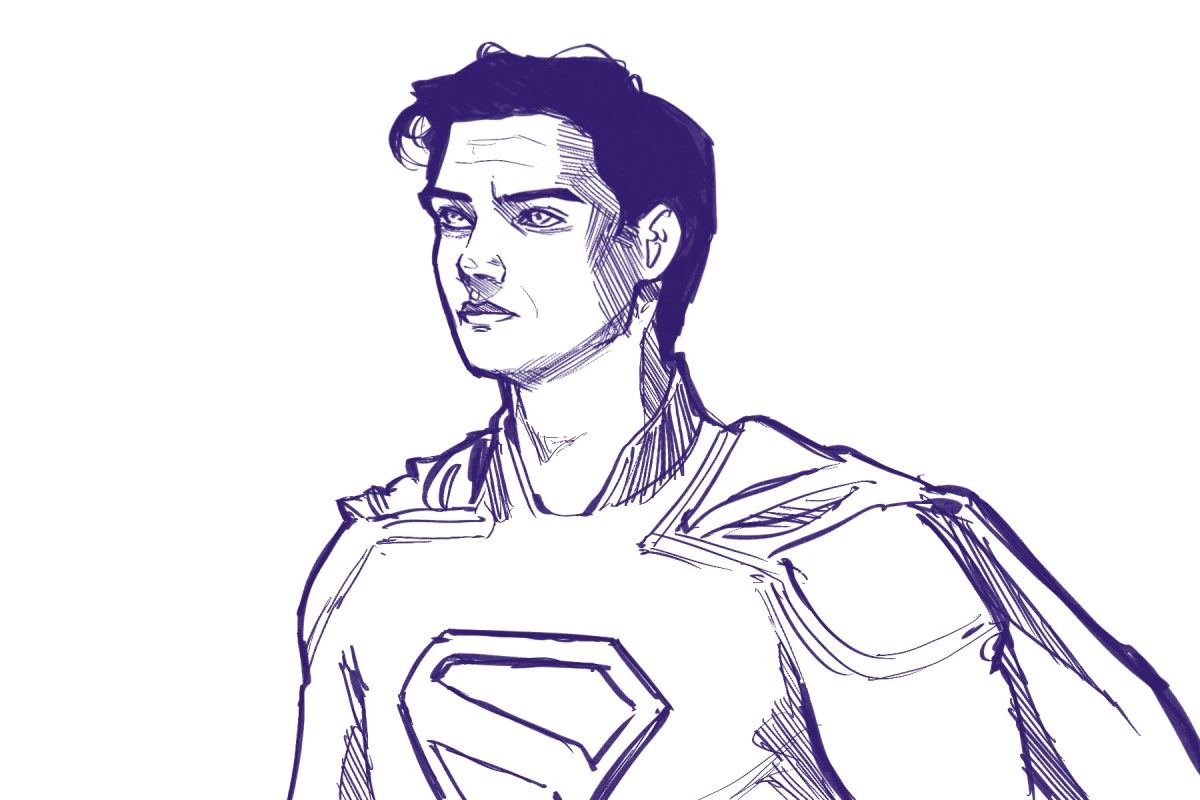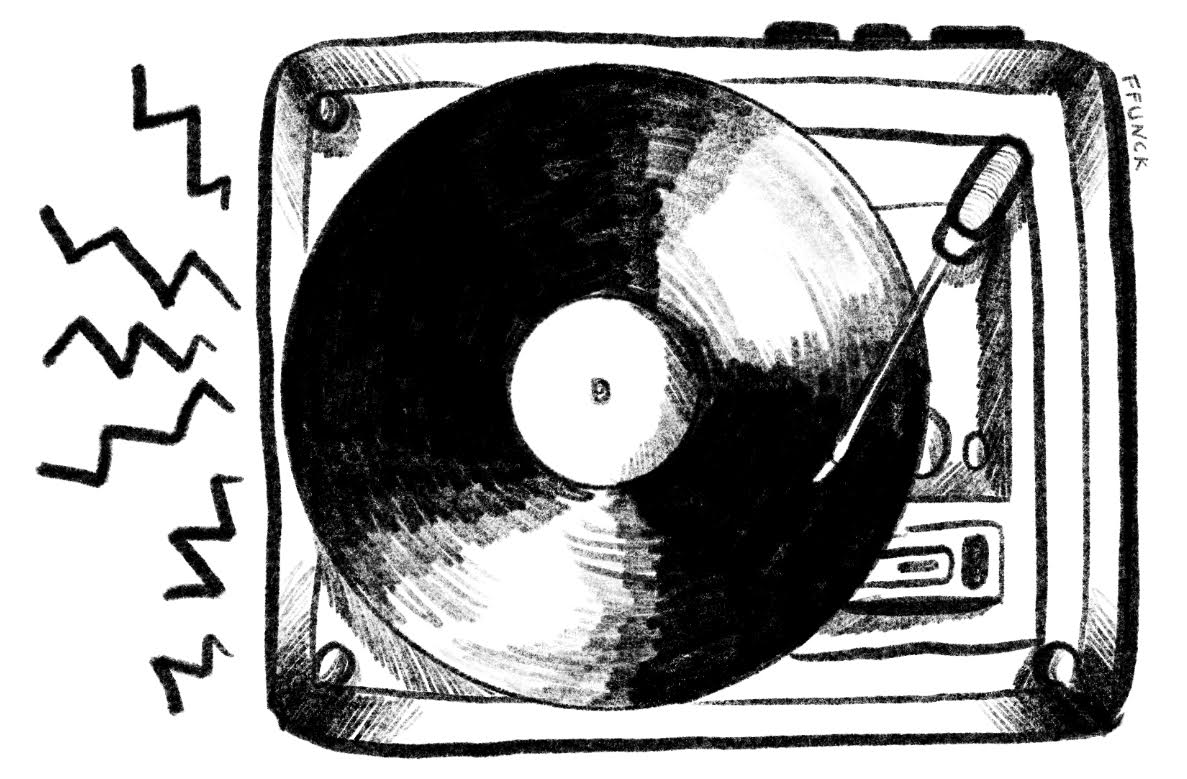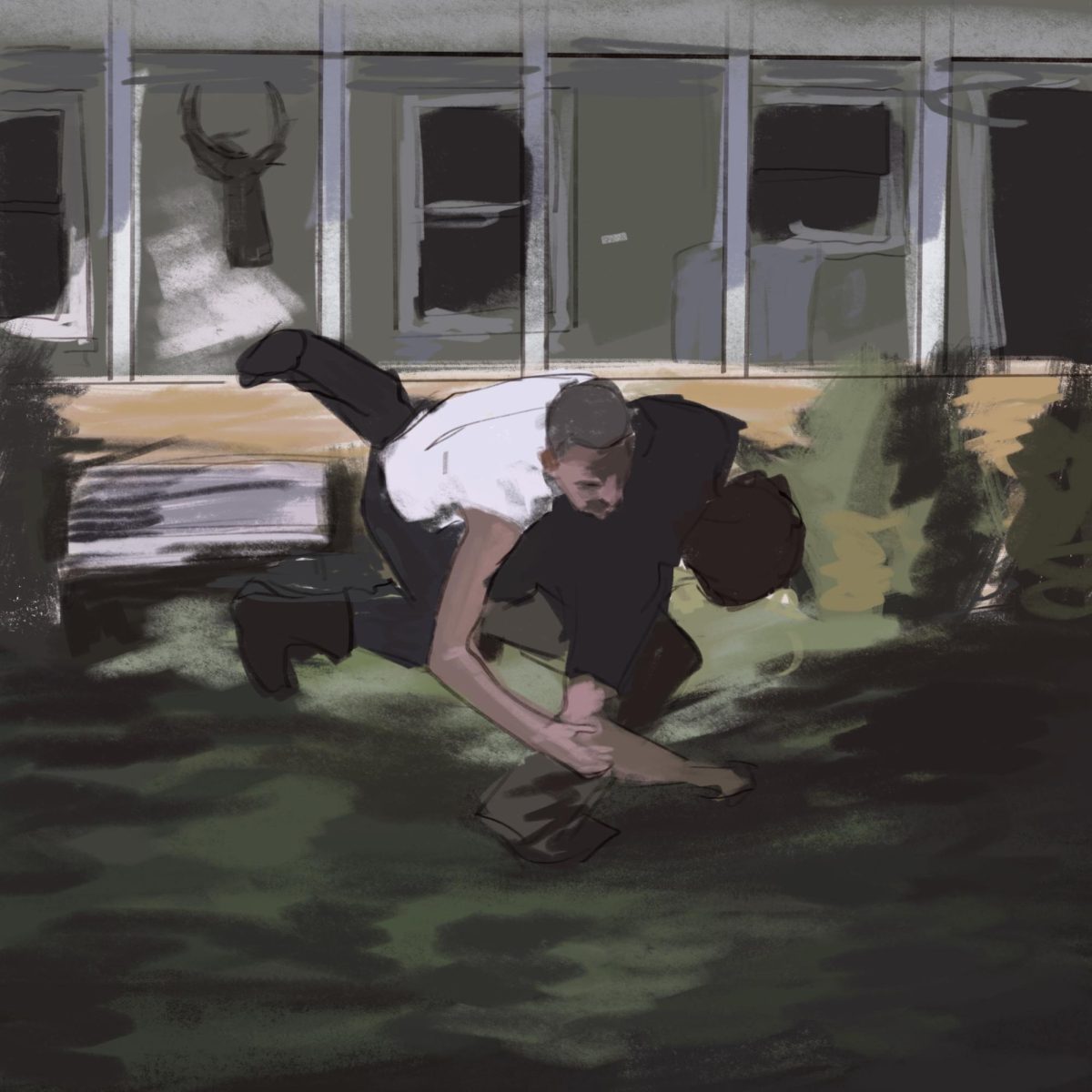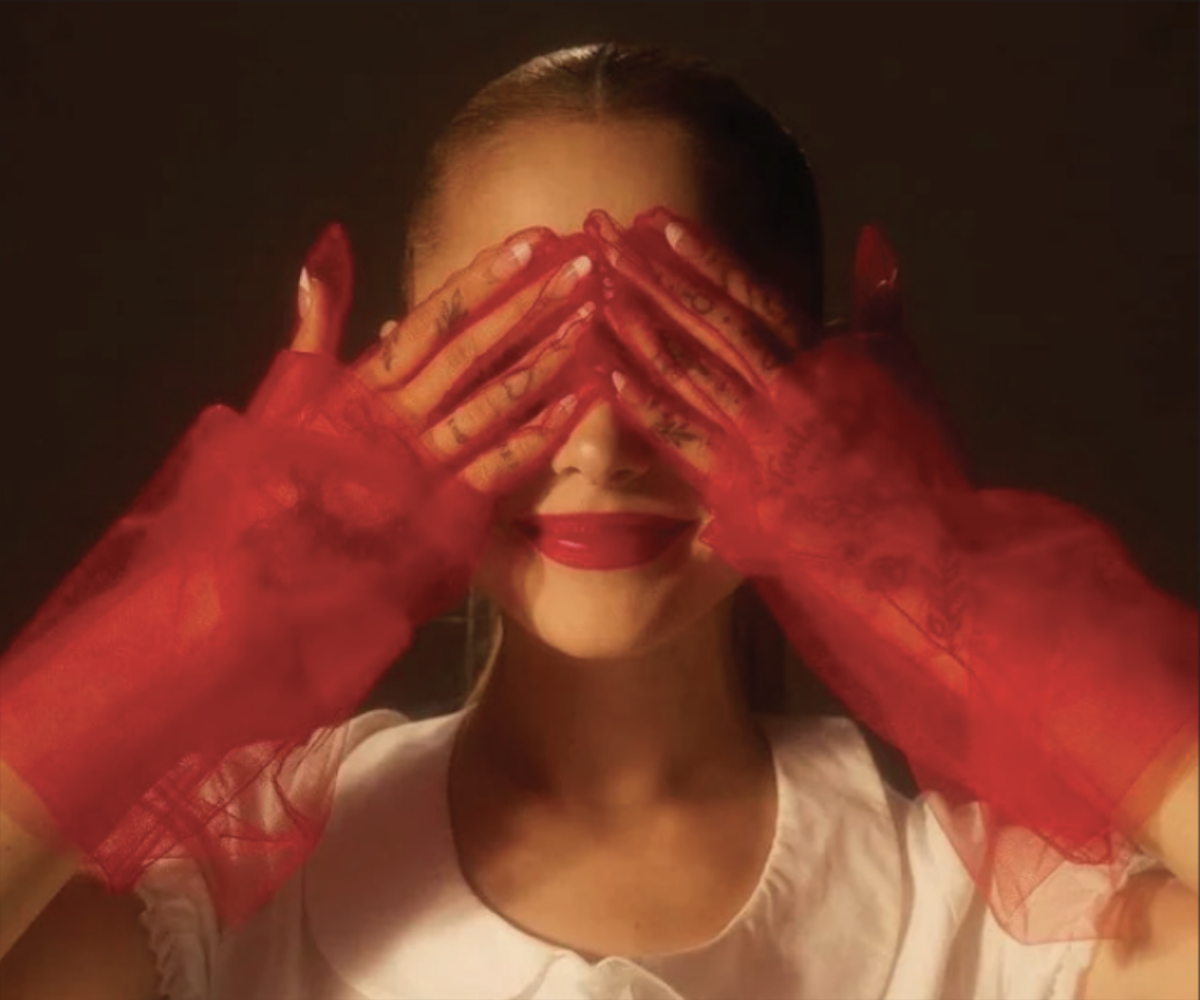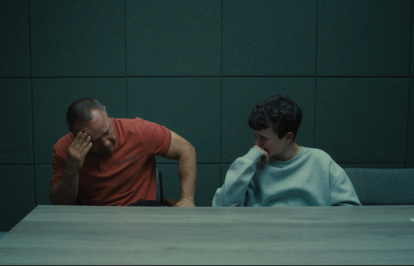For a long time, there was little hope that Main Source’s second album would ever see the light of day. Few even knew of its existence. But in July of 2023, more than 30 years after it was recorded, the album was finally released.
One of the most important hip-hop groups of the early nineties, Main Source originally consisted of K-Cut and Sir Scratch, two DJs from Toronto, and Large Professor, a producer and rapper from Queens. Their classic 1991 debut, Breaking Atoms, is credited with helping pioneer the New York sound, producing the hit singles “Looking At the Front Door” and “Live At the Barbeque,” the song that introduced Nas to the world. Despite their early success, infighting over the group’s finances prevented the release of The Science—until now.
Overall, The Science is a great listen. It features the signature, jazzy production of Large Professor, and there is genuinely not a beat I don’t like. Lyrically, Large P is competent in his rhymes about relationship problems and watching too much television, but in Breaking Atoms, his rapping is somewhat overshadowed by his stellar beats. The album starts off with the rugged “Time Pt. 2,” on which Large Professor raps about seizing the day over a dark beat, reminiscent of his earlier production for Kool G Rap. Other highlights of the album include “Bootlegging” and the previously unreleased original version of “Fakin’ The Funk” (a different version of which is featured on the soundtrack for White Men Can’t Jump). “Bootlegging” may be my favorite song on the album for its bass-heavy samples and unapologetic celebration of selling unofficial cassette tapes which helped hip hop go viral in the days before the internet.
Although the album itself is wonderful, I have some problems with the release. P-Vine Records, the Japanese hip-hop label which handled distribution, billed The Science as this collection of unheard gems, In reality almost eleven minutes of the 29-minute runtime are previously released material. I feel that this tracklist was better suited to be an Extended Play (EP) instead of a full Long Play (LP) release. It feels like some of the songs, such as “Looking At the Front Door,” were thrown in to increase runtime. My other criticism has to do with the sound quality of “Raise Up,” “Bootlegging,” and “Time.” I have no problem with the lo-fi tone of these tracks, but it is a little jarring to hear them next to the fully remastered versions of everything else. It’s understandable that remastering these tracks might be impossible. The only versions of them are magnetic master tapes which have deteriorated over the decades, but they could at least make them a little louder.
Altogether, I really enjoyed this album, and finding any flaws was difficult. With its extremely old-school sound, the album is certainly not for everyone, but lovers of 1990’s hip-hop should definitely take a listen.
This article appears in our September 2023 print edition.

